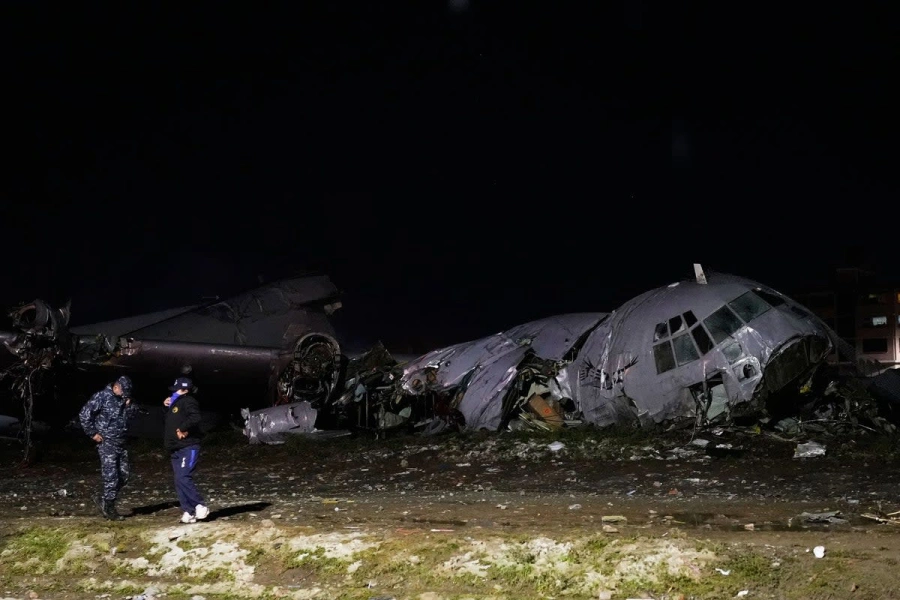Koshish Chhetri was just seven years old when he was pushed to perform on stage for the first time. Since then Chhetri has come a long way and established himself as a singer, songwriter, and actor as well. He won the CG Kamana Film Award for best debut actor, Nepal Film Critics Award for best actor, and Sixth Cine Award under the public choice category for his performance in the movie ‘Mokshya’. His second movie ‘Parva’ was a critical and commercial success. He is also the man behind the lyrics and music of the hit song ‘Kale Dai’. The Week’s Ashma Chhetri caught up with the versatile artist to know more about him.
How did you get into acting?
Along with being a vocalist, my father was also an actor. Watching him on screen was really fascinating but I never thought I would pursue acting as a career. But fate definitely had other plans and I started getting offers to act in music videos. One day I was approached for the lead role in the musical movie ‘Mokshya’. But I wasn’t a natural actor so I had to get trained and I got involved in theater for six months. After three rounds of audition, I finally broke into the Nepali film industry. It was luck and hard work that made me an actor.
Painting a perspective

Singing, writing, or acting, which among these do you prefer?
Singing will always be my first priority. Writing and acting can’t compare to it because I’m passionate about singing. I actually came all the way to Kathmandu from Hetauda to become a musician and create a name for myself in this field. It’s my first love and I’ll always be loyal to it. Having said that, I also enjoy writing and acting because they allow me to explore other creative aspects and express myself in different ways.
As a stage performer, how do you make sure your gigs are perfect?
Actually, they never are. All artists are prone to mistakes and so am I. There is also bound to be a technical problem or two while you are on stage. But I don’t try to hide these situations. Instead, I just apologize to my audience and tell them about the problem. Then I say apologize and continue with my performance when all is set again. Fortunately, this technique has always worked for me.
What is your mantra for success?
My success doesn’t involve me alone. It’s the effort of my team. Teamwork is essential not only to come out with good work but also for individual growth. There is a lot you can learn when you work in a group. But the team has to be a strong one. Each member of the team should be able to contribute and enrich the group through their creative thinking. This will reflect in your work. There will naturally be conflicts when you work in a team but a good team will be able to discuss ideas and overcome the conflict while bettering their work. I make sure I choose a good team every time I pick up new work.
Is there a specific role you are waiting for?
I enjoy portraying characters that are common in our society but usually skip our radar. These are characters that will be extremely nuanced and I enjoy these types of roles. My character in ‘Parva’ is an example of such a role. The movie was about a child’s psychology following the divorce of his parents. When there is a divorce and there is a child involved, one of the main concerns is definitely who the child will live with. The emotional and mental trauma the child goes through is conveniently sidelined. I enjoy portraying characters that will lead to conversations much after the movie is finished. And these are the kinds of roles I’m always looking for.
What is the one thing you know now that you wish you had known at the start of your career?
If I had known that fate would drive me to become an actor one day, I would have perhaps tried to learn some tricks of the trade. I would have trained under proficient actors and honed the skill. The early grooming would have helped me become a better actor and maybe I’d be considered a finer actor today. I wish I had had the wisdom to understand my craft and work on it from early on.








































